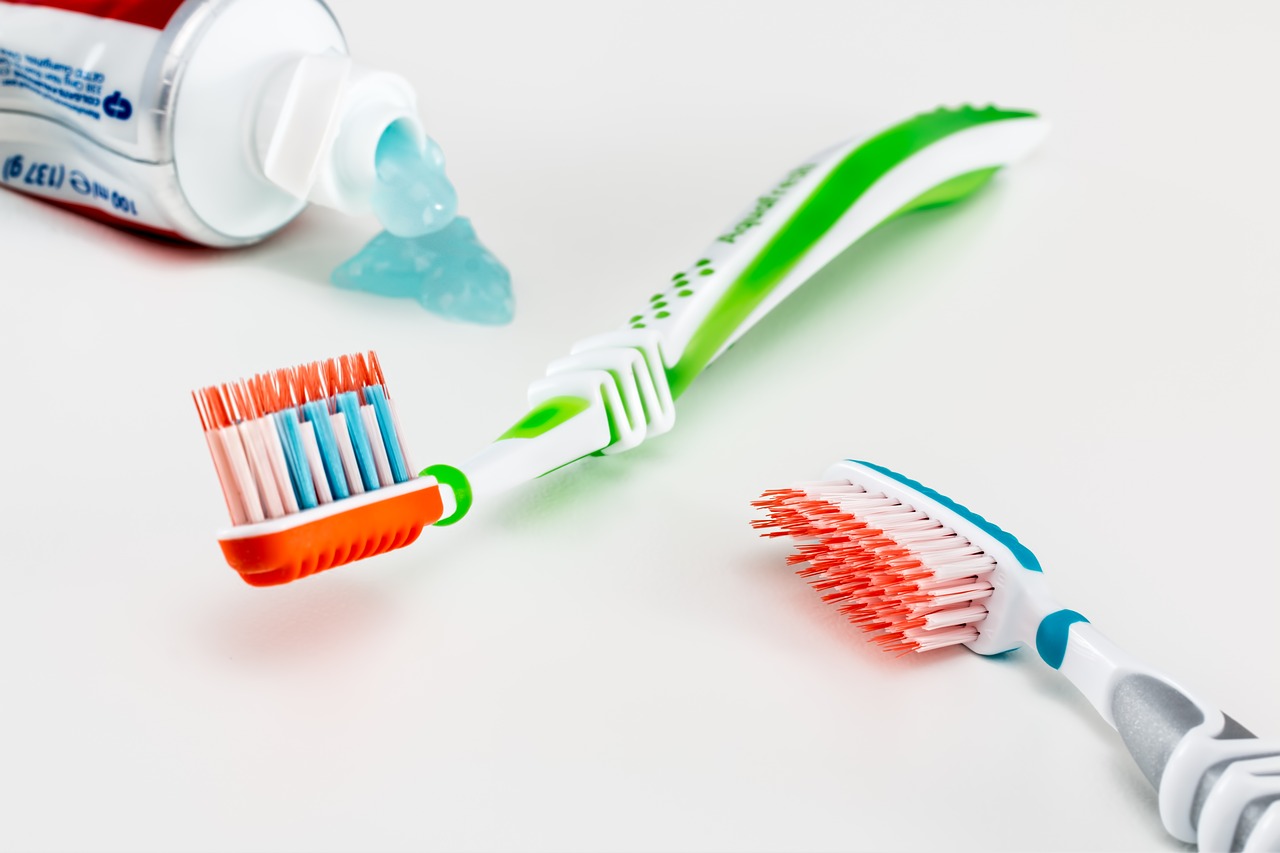Latest research discovery reveals how Hepatocellular Carcinoma (HCC) risk increases by 75% due to poor oral health. Hepatocellular carcinoma is the most prevalent type of liver cancer in the world.
Researchers at the Queen’s University in Belfast conducted an exhaustive study that analyzed the oral health and the risk of developing gastrointestinal cancers in 469,628 people from the UK.
The specific cancers screened included liver, colon, rectum, and pancreatic cancer. The researchers used multiple models to establish a tangible link between cancer risk and self-reported oral health conditions such as oral ulcers, loose teeth, painful or bleeding gums.
The researchers were unable to establish concrete links between most gastrointestinal cancers and improper oral health. However, they did establish a substantial connection between hepatobiliary cancer and poor oral health, reported Science Daily.
Dr. Haydee WT Jordao, from the Centre of Public Health at Queen’s University Belfast, the lead author of the study stated, “Poor oral health has been associated with the risk of several chronic diseases, such as heart disease, stroke and diabetes.” However, he also said, “There is inconsistent evidence on the association between poor oral health and specific types of gastrointestinal cancers, which is what our research aimed to examine,” reported Science Daily.
During a six-year period, 4,069 out of the 469,628 participants in the study developed gastrointestinal cancer. A whopping 13% of these 4,096 patients reported having oral health issues on account of being young, female, socioeconomically challenged and/or malnourished to the point of consuming less than two portions of fruits and vegetables per day.
The researchers were unable to emphatically state the biological reasons that linked poor oral health with liver cancer, over other digestive and gastrointestinal cancers. A potential explanation offered by Dr. Jordao highlights the role of oral and gut microbiome in development of disease.
“The liver contributes to the elimination of bacteria from the human body. When the liver is affected by diseases such as hepatitis, cirrhosis or cancer, its function will decline and bacteria will survive for longer and therefore have the potential to cause more harm. One bacterium, Fusobacterium nucleatum, originates in the oral cavity but its role in liver cancer is unclear. Further studies investigating the microbiome and liver cancer are therefore warranted,” said Dr. Jordao.
The second potential explanation could be malnutrition on account of missing teeth due to poor oral health. If you’re missing teeth, you may switch from solid foods to softer, potentially less nutritious foods. This malnutrition would significantly increase the risk of developing liver cancer.
Currently, liver cancer kills almost 60,000 people in the EU: making it the sixth-largest diagnosed cancer. Moreover, across Europe, the five-year cancer survival rate is as low as 11%. Approximately 9 in 10 cases are detected in individuals over the age of 55.
Cancer-causing risk factors can reduce upon adoption of lifestyle changes such as maintaining a healthy weight, not smoking or drinking alcohol, exercising regularly, and maintaining proper oral hygiene.


